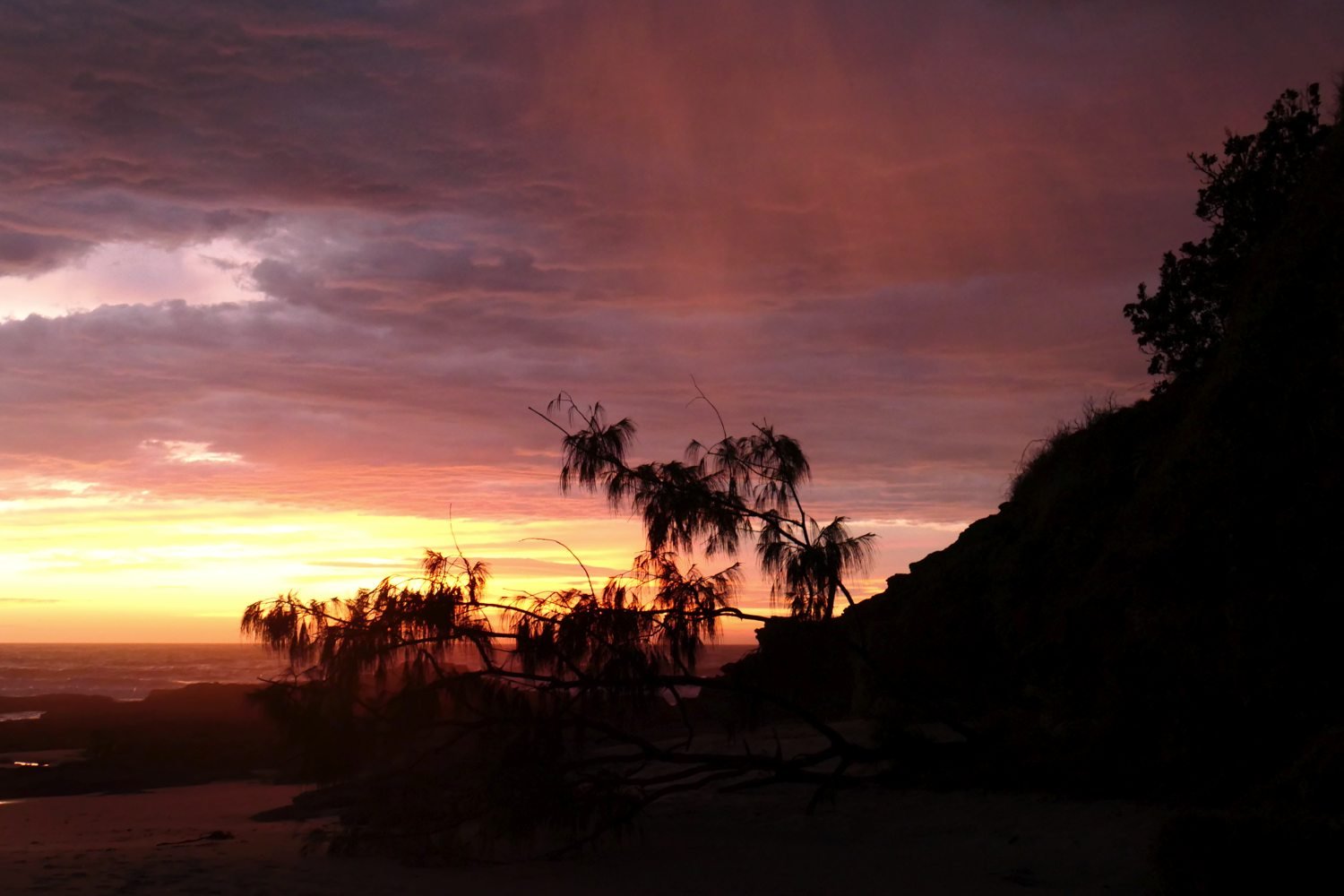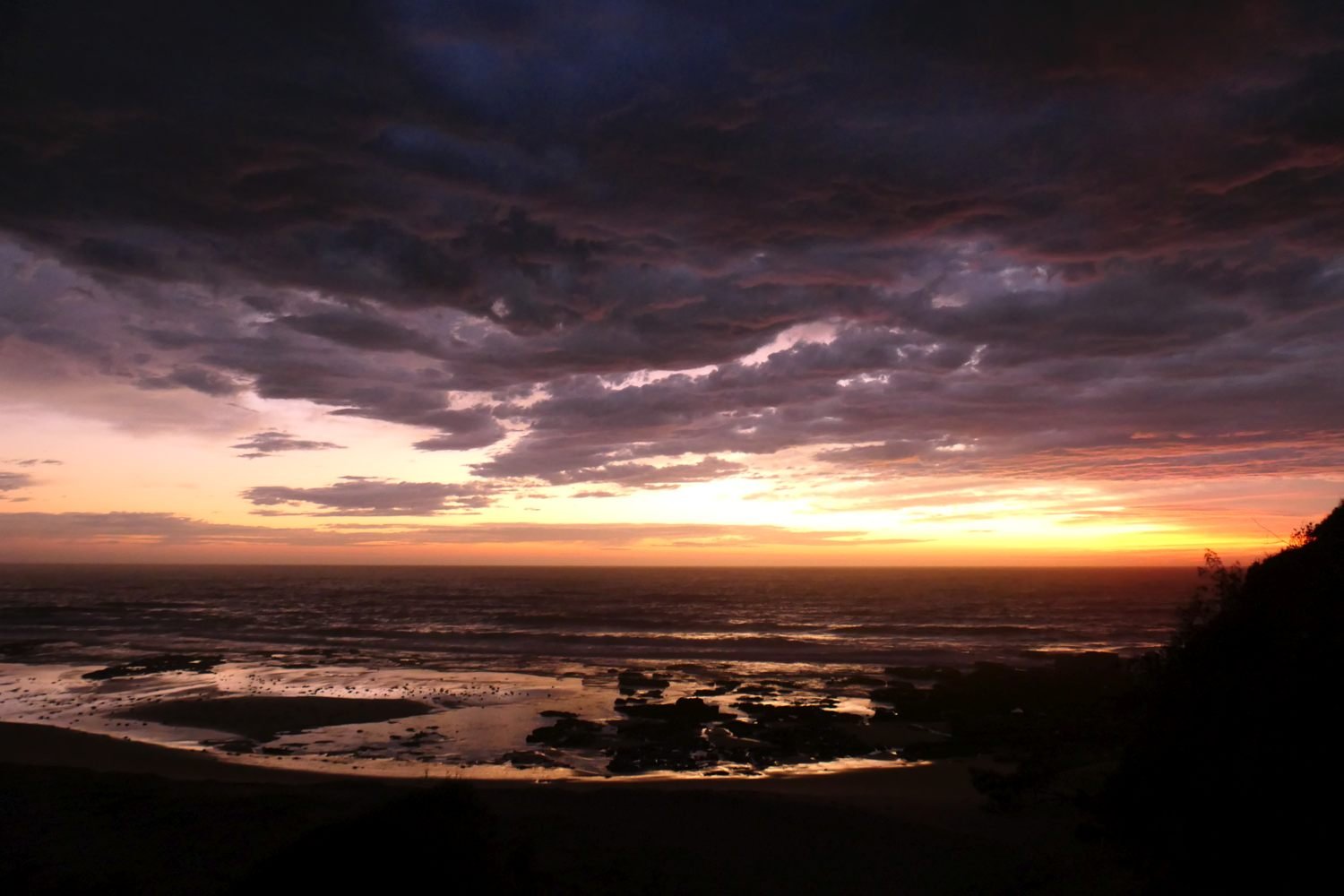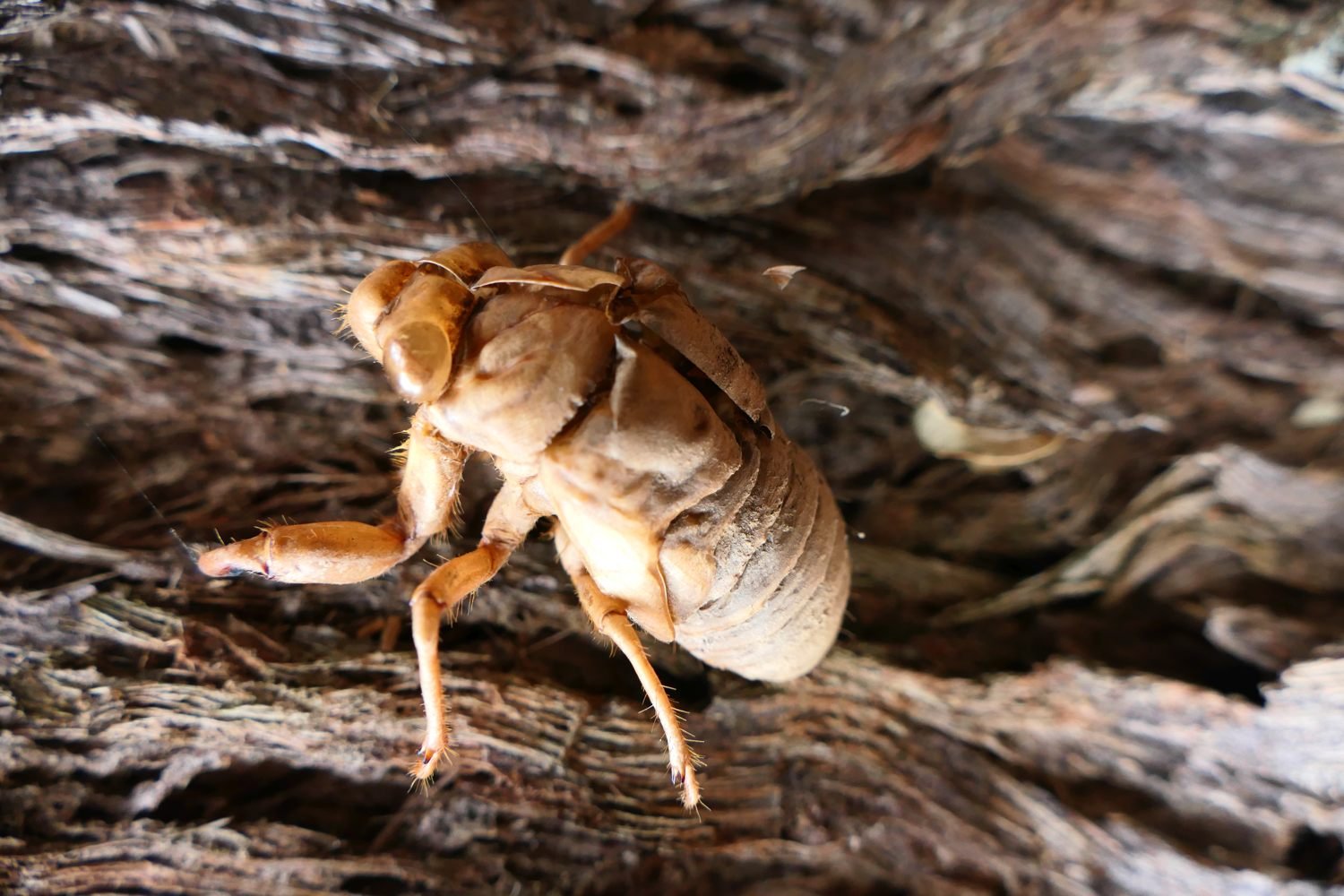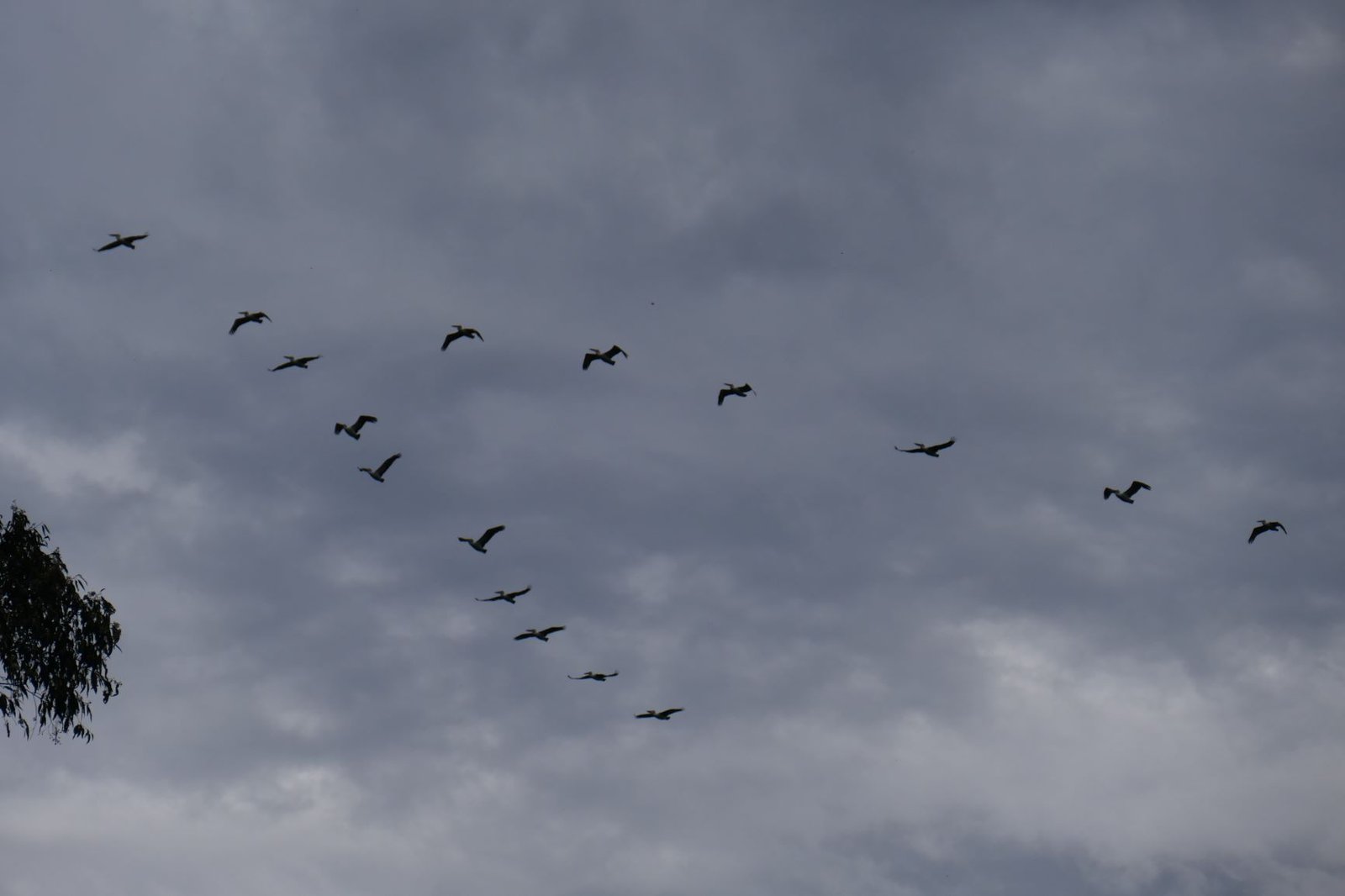22 September, VIRUS 2020
‘I didn’t mean to hurt you’: new research shows funnel webs don’t set out to kill humans. The Conversation
Intensive monoculture is putting water systems in peril: The global spread of vast forest plantations and agricultural monocultures are turning once diverse landscapes into areas of land supporting single plant species, with profound implications for our terrestrial water cycle. Science X Newsletter
We are delighted to announce the winners of the 2020 ACU Prize for Poetry. ACU email[1]
The Morrison government has announced a new emphasis on values in Australia’s citizenship test. From mid-November, those wanting to become citizens must get all five questions on “Australian values” correct, along with scoring 75% overall. The Conversation
Mass stranding of pilot whales off Tasmania’s West Coast. About a third of the 270 pilot whales stranded on a sandbar on Tasmania’s West Coast have died, but rescuers have managed to free a small number. ABC
Humpbacks ocean-bound after ‘unprecedented’ detour in Kakadu river. Australian Geographic enews
Australia’s natural-disaster preparedness has gaping holes, royal commission told. ABC
Capitalism is Killing Us (But It Doesn’t Have To). Lithub
Are you the proud owner of an Australian animal plush toy? Or a good old fashioned teddy bear? Australian Conservation Foundation action email
Greenpeace will drop more boulders in North Sea to deter trawlers. The Times
Arctic sea ice hits second-lowest level on record. Heat waves, winds and thin ice contribute to a ‘new normal’ in the north’s climate. Nature
I wake with the Kookas again, notice the red flush and am off.
On the path down to the beach the wrens are deafening,
small birds desperate to be heard against the snarl of breakers.

Yesterday, I quoted Virginia Sturm. ‘Experiencing awe is such a simple practice – just taking a moment to look out the window or pausing to consider the technological marvels that surround us – and we now show it can have measurable effects on our emotional well-being.’ I think being outside the window and forgetting about technology is a surer way to experience awe, though I prefer the word wonder. Aristotle believed that Wonder (thauma) was the root of philosophy and I believe it is the root of understanding our place in the world.


‘Gazing into the sky is probably one of the most common occasions on which many people are struck with a sense of wonder. . . the sky is immediately present in all our outdoor activities and it is the direction top which we appeal from indetermination, religious practice, habit, or cultural belief. And the heavens are a willing collaborator.’ Arnold Berleant [2]
 The sky is ever changing and the wonder at it feeds an appetite to experience more of the world, more of the sky and its clouds, planets and the sun, the animals, in fact, the everything.
The sky is ever changing and the wonder at it feeds an appetite to experience more of the world, more of the sky and its clouds, planets and the sun, the animals, in fact, the everything. You are stripped naked by wonder even experiencing what the composer Cornelius Cardew called, ‘un-learning’. Yet, as philosopher Jesse Prinz points out, wonder has, ‘inspired our greatest achievements in science, art and religion.’ [3]
You are stripped naked by wonder even experiencing what the composer Cornelius Cardew called, ‘un-learning’. Yet, as philosopher Jesse Prinz points out, wonder has, ‘inspired our greatest achievements in science, art and religion.’ [3]

Like the sublime, wonder is embodied:
- Wonder is perceptual, usually visual and;
- Wonder is emotional. For the 18th C Scottish philosopher Adam Smith, it was ‘suspension of the breath, and that swelling of the heart’.
- Wonder also has a cognitive element in being new and not neatly filed under a previous label, and
- Wonder also incorporates another element – a sense of losing the self. Our memories of our experiences give us an inner narrative and unified sense of self, so new experiences are divorced from the self.

Philosopher and cultural theorist Luce Irigaray point to item 3, writing that wonder, ‘should surprise us again and again, appear to us as new, very different from what we knew.’[4] This is what ‘great’ art can occasionally achieve, and shares with complex natural environments, even the sea.

Rachel Carson’s The Sense of Wonder was her personal favourite text. She adopted a young nephew, after her sister died, took in the baby Roger: ‘I wrapped him in a blanket and carried him down to the beach in the rainy darkness. Out there, just at the edge of where-we-couldn’t-see, big waves were thundering in, dimly seen white shapes that boomed and shouted and threw great handfuls of froth at us. Together we laughed for pure joy—he a baby meeting for the first time the wild tumult of Oceanus, I with the salt of half a lifetime of sea love in me. But I think we felt the same spine-tingling response to the vast, roaring ocean and the wild night around us.’ [5]
The publication of Silent Spring in 1962, dominates interest quite rightly, because it revolutionised environmental politics and thinking, but wonder can’t be underestimated. Carson was a marine biologist, a scientist, but she writes, ‘It is possible to compile extensive lists of creatures seen and identified without ever once having caught a breath-taking glimpse of the wonder of life.’[6]

To be a good human being, is to have a kind of openness to the world, an ability to trust uncertain things beyond your own control. Martha Nussbaum[7]
We are not even aware of 99% of what’s happening in our brains and bodies let alone the rest of the world, Keats’ Negative Capability comes into its own. Stanley Cavell asserts, ‘the correct answer to scepticism . . . does not consist in denying the conclusion of scepticism but in reconceiving its truth. It is true that we do not know the existence of the world with certainty; our relation to its existence is deeper—one in which it is accepted, that is to say, received. My favourite way of putting this is to say that existence is to be acknowledged.’ (The Senses of Walden, U Chicago P, 1981, p133).

Eos is a wonderful opportunity to set aside habitual ways of thinking and doing which are embedded in a techno/consumerist society. Eos lets nature intrude and you realise, nature is important and start noticing the beauty and wonder and let’s you gain a perspective on the violence we are perpetrating on the world. Martha Nussbaum wants to account for concern for other species even if the term justice cannot stretch that far. She turns to the Aristotelian concept of wonder at, ‘any complex, natural organism’. [8]


‘What are the implications for democratic life of assuming wonder as a basic democratic attitude? At the root of Martha Nussbaum’s capability approach is a ‘politics of wonder.’ [Jeremy Bendik-Keymer’s expression] ‘Wonder’ at the universe of life animates the aesthetics of the approach that finds the capabilities of all ‘moving’ beings a matter of ethical concern. Since the capabilities approach is a normative political theory in Nussbaum’s hands, her commitment to a politics of wonder would seem to imply that politics be theorized from a sense of ‘wonder,’ not simply from a sense of justice, as her teacher Rawls assumed.’ Jeremy Bendik-Keymer[9]
For more on capabilities see 8 May VIRUS 2020
~
Chiming from the garden, three Eastern Rosellas in the Tallowwood,
invisible amongst the leaves, then they skip out colours blazing,
some kind of truth, as we leave for prawns at Pete’s.
 His block full of trees echo with a Wampoo fruit dove,
His block full of trees echo with a Wampoo fruit dove,
a Black-faced Monarch Flycatcher, Yellow Robins and Bleating tree frogs. A skein of Pelicans fly over in strict formation, the first cicada
A skein of Pelicans fly over in strict formation, the first cicada
has broken out of its skin. The frogs are barking mad. This little one still has some tail which it is eating, nothing is wasted,
This little one still has some tail which it is eating, nothing is wasted,
the tail is absorbed back into the body that will grow
(predators permitting) into a big Green Tree Frog.
~
Summer is here today! The heat is a sleeping draught, Wyn
wakes me I stumble upstairs into a racket, a Black Cockatoo
is wheeling around mobbed by a Miner, a fifth of is size,
but screeching as if its life was in danger before blowing away
towards the blistered sunset.
32 degrees, shades down in the kitchen hiding sunset.
The gecko is back and calling from behind a painting.
I send an emnauil to a friend:
I was curious re: what you said praising Esperanza Spalding (and completely dissing Charlie Haden). Looked her up and she is funky, and a great performer (I do like her dble bass playing in the NPR Music Tiny Desk Concert (from back in 2010), but . . .
FYI: She doesn’t make Charles Waring’s top 50 bassists list (August 20, 2020) – he says she’s ‘promising’.
I’ve seen 4 for of his top 12 live, and would recommend you listen to Charlie again (and the others)!
12: Buster Williams
11: Dave Holland
10: Jimmy Garrison
9: Charlie Haden
8: Charles Mingus
7: Paul Chambers
6: Jimmy Blanton
5: Oscar Pettiford
4: Ray Brown
3: Ron Carter
2: Stanley Clarke
1: Jaco Pastorius
Still waiting for my Argue big band CD to arrive.
~
Repetition
If you repeat something, even in an identical way, it changes.
A clock changes its rhythm, repeating a word makes it a ghost,
meaning escaped, the very texture of its waves altered.
Can the self cast off from one object to another world?
[1] I don’t think I entered this year. I have before and got nowhere. Judging a poem is so idiosyncratic. I use competitions occasionally to make me finish a poem.
[2] Arnold Berleant, Celestial Aesthetics in Sensibility and Sense: The Aesthetic Transformation of the Human World, Imprint Academic, 2010.
[3] Jesse Prinz, ‘How wonder works’, Aeon, 21 June 2013, https://aeon.co/essays/why-wonder-is-the-most-human-of-all-emotions
[4] , Luce Irigaray, ‘Wonder: A Reading of Descartes, The Passions of the Soul’ in An Ethics of Sexual Difference, (1984) Continuum in 2004, p62-70.
[5] Originally an article commissioned by the magazine Woman’s Home Companion titled, ‘Help Your Child to Wonder’ (1956). Posthumously published, Harper & Row, 1965; Harper Collins, 1998.
[6] Harper Collins,1998, p94.
[7] Martha Nussbaum interviewed by Bill Moyers, World of Ideas, Doubleday Books, 1989.
[8] Martha Nussbaum, Frontiers of Justice: Disability, Nationality, Species Membership, Harvard UP, 2006, p93-94.
[9] Jeremy Bendik-Keymer, ‘Wonder And The Conditions Of Democratic Life’, https://sei.sydney.edu.au/wp-content/uploads/2016/11/EJ_Abstracts_Bios.pdf. See Jeremy Bendik-Keymer, ‘From Humans to All of Life: Nussbaum’s Transformation of Dignity’, in F. Comim and M. Nussbaum, eds. Capability, Gender, Equality: Towards Fundamental Entitlements, Cambridge UP, 2014, p175-192.



